We all know that a good diet is the key to a healthier life, but did you know that there are certain foods which can impact your hearing?
If you’re a person who experiences hearing loss, then you’ll know that if there is something in your control you can do to benefit your ear health, you’d definitely go about achieving it. For most of us, it’s easy to make small changes to your diet, and your ears will thank you for eating well-balanced meals.
To help you make a positive change in your lifestyle, we’ll be giving you some more insight into how controlling your diet can affect your hearing, and also help to prevent any further issues in the future
Which foods are recommended for good ear health?
Firstly, let’s delve a little deeper into food that could be good for hearing.
We’re sure that you’ll likely know a few of these foods that are great for a healthy diet, but some may come as more of a shock in their benefits to your overall ear health.
Bananas
A staple snack in a lunch box, the banana is actually really good for maintaining good hearing.
Potassium, something these fruits are abundant in, can make a difference when it comes to the conversion of sounds into signals your brain can understand. It’s important that to maintain your regular functions, an appropriate level of this mineral is absorbed.
Bananas aren’t the only food that are a good source of potassium, as black beans and potatoes also contain high amounts of potassium.

Green Veg
Greens are a great addition to any meal, and we’re sure that you are already eating them regularly.
What’s great about vegetables like broccoli, spinach, and asparagus, is that the folic acid they contain has been shown to reduce the onset of hearing loss, as they help keep blood flow regular against amino acids.
Incorporating a few more of these veggies into your week can make a huge difference in keeping your hearing in tip-top shape.

Dark Chocolate
Before you get excited by the word ‘chocolate’, you must remember that with any food, it’s best to consume in moderation to see any benefit.
Dark chocolate contains a good level of zinc, which has been shown to make a positive impact on tinnitus patients. It has been reported that higher zinc intake reduces the levels of inner ear interference that is commonplace for sufferers (often described as a ringing or buzzing sound).
It’s worth noting that a bar of Cadburys fruit and nut isn’t the kind of chocolate you should be regularly consuming for this reason (unfortunately). Look out for a product that has a high cocoa percentage, as that is what will make the difference to your ear health.
If you tend to stay away from chocolate (especially if you’re a migraine sufferer), there are still other foods which are high in the mineral. Almonds and cashews are great examples of other foods which can also help in boosting your zinc levels.

Which foods should you limit to maintain good hearing?
Whilst there are foods which can be great for hearing, there are also others which really don’t make a positive impact. We recommend that you limit these foods.
Food high in Salt
Too much salt on your chips, or pretty much every meal choice in any fast-food restaurant is sure to make your sodium levels hit the roof.
Studies into the relationship between sodium and hearing have indicated that those who ingested more experienced a hearing impairment in the 2000 – 4000 Hz range.
To combat this potential problem, it might be a good idea to reduce the amount of salt you use when cooking. In addition, eating healthily throughout the week and saving a takeaway for a Friday night is a better compromise to make for your hearing health.

Food high in Cholesterol
Certain foods such as eggs and shellfish have a high cholesterol content, which has the potential to cause havoc with your hearing.
It’s important to understand the impact cholesterol can have on the body, as it affects the red blood cells’ ability to carry oxygen. As a result, your ears may be at risk of not getting all the necessary nutrients they need to function properly, which could even lead to permanent damage.
If you can, it’s best to limit how much of these types of foods you consume in a typical week, and perhaps substitute them for other alternatives.
If you enjoy having an omelette for example, then you shouldn’t have to stop having eggs altogether. Rather than using all the yolks, why not add some more egg whites in to reduce your cholesterol consumption?

Processed Meats
Whilst a lot of white meats can be a very healthy choice (chicken, turkey, etc.), meat that is highly processed can actually do more harm than good when it comes to your hearing.
Foods like sausages and luncheon meats are not the healthiest choices, due to the chemicals and processes used to make them. Eating these kinds of food can increase your chances of developing conditions like type 2 diabetes and other health concerns.
In this instance, it’s not processed meats that will affect your hearing directly, but the health concerns that could follow on from its overconsumption. To prevent such a scenario, it might be worth cutting back on the amount of processed meat you eat, or even opting for an alternative like a soy-based food (Quorn is a good example).

Sugary Foods and Drinks
Sugar is a necessity for your body to function, but consuming more than your recommended amount could cause decreased efficiency in hearing.
It’s possible that too much of the sweet stuff can in fact damage smaller blood vessels in the ear, meaning that your overall ear health may decrease over time with a consistent intake of sugar.
A really effective measure to take here is to reduce the amount of fizzy pop you drink, as the volume of sugar inside a can is incredible considering its size. You may also want to think about the sweet treats you are consuming, as these can quickly add up to increase your total grams of sugar consumed.

Hopefully, this blog has helped you understand which foods are good for your hearing, and how your diet can effect hearing.
Perhaps you’d like to find out more from one of our friendly, expert audiologists about how we can help your ear health? Take this opportunity to try our free online hearing test, which in a matter of minutes can assess whether you might need to come in for a check-up.
Better yet, why not book an consultation in order for you to meet with us face-to-face and really get down to the hearing issues that you face every day? We’re sure that we can help you get to the root cause of your hearing discomfort.



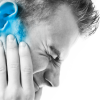

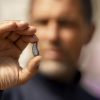
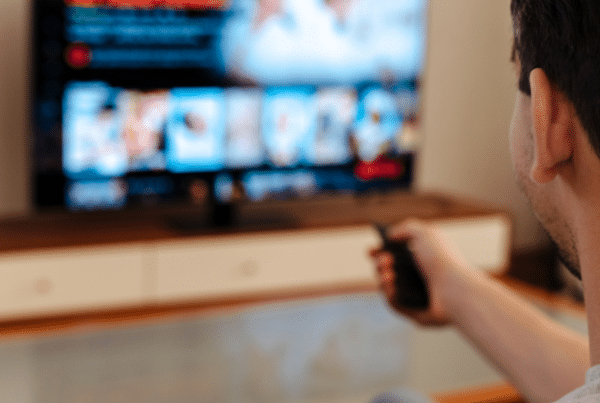
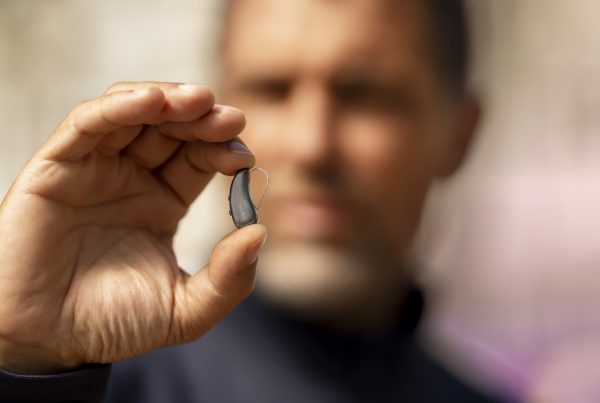
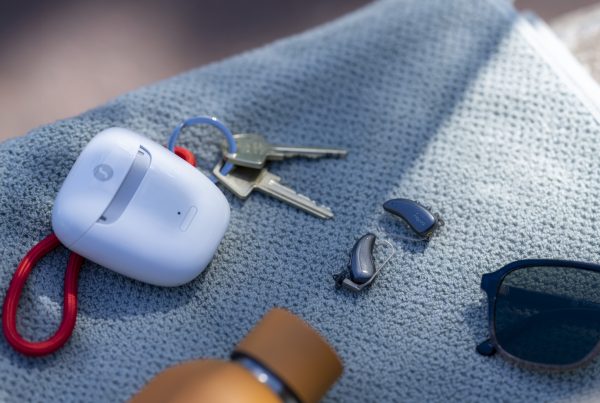
Recent Comments